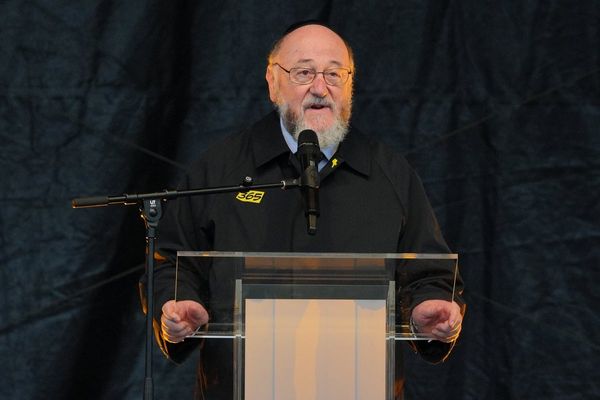
The government is denying Australian citizenship to some residents who were trapped overseas by Covid travel restrictions through no fault of their own, an approach criticised as “harsh”.
The administrative appeals tribunal recently ruled on an appeal by Farida Natalwala, an Indian citizen who has lived in Australia for roughly a decade.
In January 2020, just before the pandemic hit, Natalwala travelled abroad to Saudi Arabia to see her son on a two-month trip, but was trapped by the sudden deployment of border restrictions.
She was trapped out of Australia for 361 days. To achieve Australian citizenship, an applicant must not be out of the country for more than 90 days in the 12 months immediately prior to their application.
The law gives the government no room for discretion, despite Natalwa doing nothing wrong.
Natalwa applied for citizenship in January 2022 upon returning to Australia but her application was denied.
The AAT affirmed the decision. But it noted that nothing in its decision should “be taken to reflect on the applicant”.
“A supervening event over which she had no control, being the global pandemic and the resultant travel restrictions imposed by the Australian government and many other national governments, made it very hard for her to depart Saudi Arabia and return to Australia as she had planned,” the tribunal said.
“Unfortunately, there is no leeway in the general residence requirement for a person in Mrs Natalwala’s circumstances.
“This requirement must be met before her other eligibility for Australian citizenship can be assessed. The fact that it was not met was fatal to her application for citizenship proceeding.”
The former immigration department deputy secretary, Abul Rizvi, described the approach as “harsh”.
“It is harsh as the citizenship act does not anticipate closure of international borders,” he said.
Rizvi said the government could consider changing the residency rules to make exceptions for such cases.
It is unlikely the government would consider such reforms, given it is currently grappling with other major issues facing the immigration system, including delays in visa processing, its failure to address skills shortages, and widespread visa rorting.
“I suspect [the government] has many more pressing immigration issues on its plate,” Rizvi said. “Unfortunately Mrs Natawala will need to stay in Australia for the requisite period as a permanent resident before she re-applies for citizenship.”
The home affairs department said it could not comment on individual cases. But in a statement, a spokesperson said citizenship applications must meet the residency requirements.
“Under the Act, a person satisfies the general residence requirement if they were lawfully present in Australia for four years immediately before the day they made the application with 12 months as a permanent resident, and was absent from Australia for no more than 12 months over this four year period and 90 days within the 12 months immediately before application,” the department said.
“The Act also provides for Ministerial discretion to be applied to assist an applicant to meet the general residence requirement in certain circumstances, including where the person is the spouse, de facto partner or surviving spouse or de facto partner of an Australian citizen at the time their application is made.”
The processing of citizenship applications is also suffering from delays, though wait times appear to be improving.
About 90% of applicants for Australian citizenship by conferral are currently waiting 15 months to have their applications processed, About 90% of approved applicants will then wait another seven months for a citizenship ceremony.
This time last year, 90% of applications were processed within 24 months.







